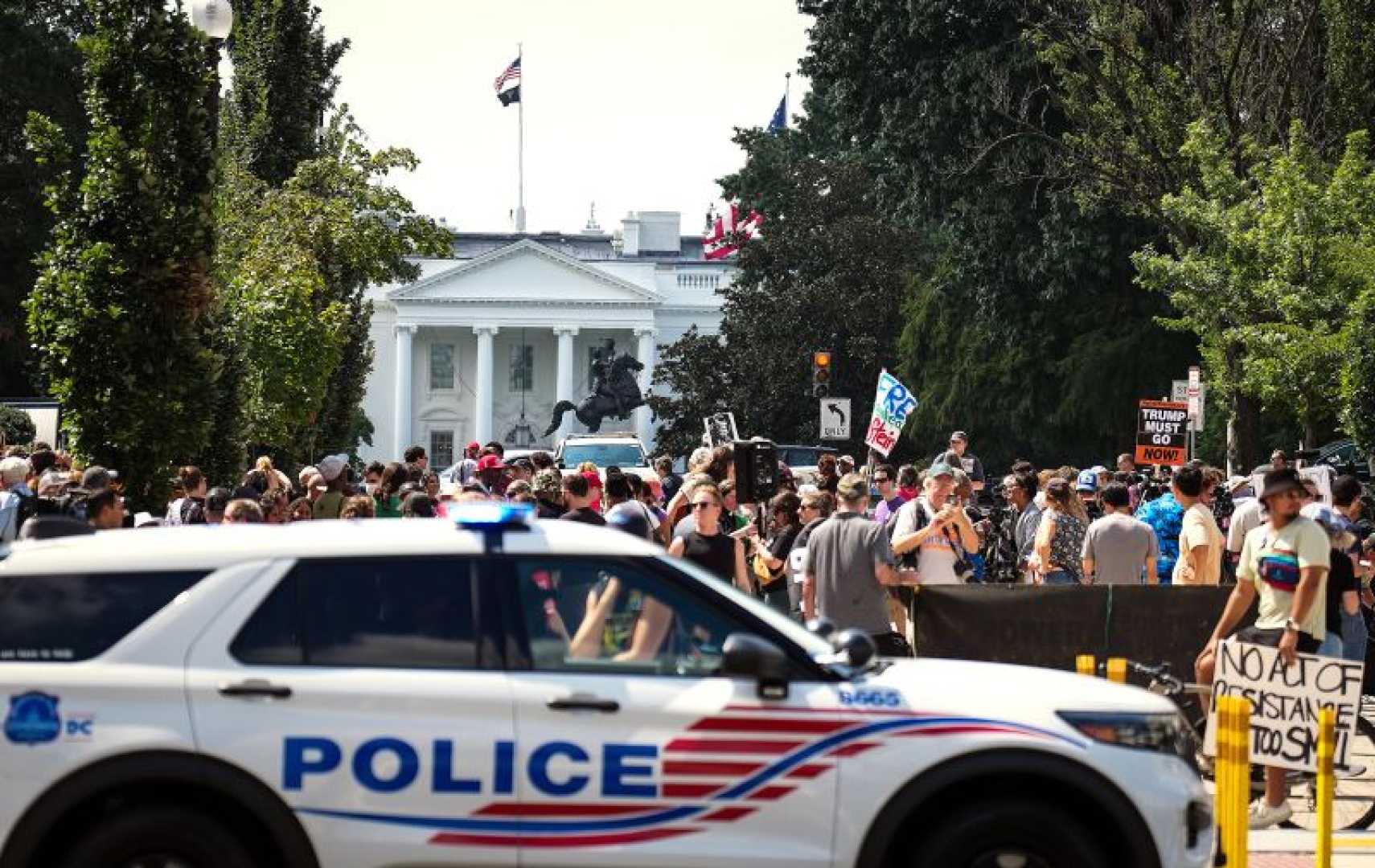Politics
Trump Takes Over D.C. Police Amid Crime Controversy

WASHINGTON (AP) — On Aug. 11, 2025, President Donald Trump announced the deployment of National Guard members to Washington, D.C. This move follows his order for federal forces to take control of the D.C. police department, which he claims is necessary due to an emergency in the city, despite local officials reporting a decline in crime.
Trump stated that some of the 800 National Guard troops began arriving on Tuesday, marking the ramp-up of a federal takeover aimed at curbing what he described as a lawless environment. His assertion of a crime emergency, however, is met with skepticism, as city officials note that crime rates in D.C. have been steadily decreasing.
Mayor Muriel Bowser criticized Trump’s decision, asserting that the plan is counterproductive. “The city has seen a noticeable drop in crime,” she said, noting that violent crime is at a 30-year low, contrary to the president’s claims. “His so-called emergency does not reflect the numbers.”
Bowser also pointed out that while they could contest Trump’s actions, compliance is their only option due to his broad authority. “I’m going to work every day to make sure it’s not a complete disaster,” she added.
Furthering the debate, Trump emphasized his intention to regain control over the capital. He claimed, “We’re going to take our capital back,” despite evidence showing reductions in specific crimes like carjackings, which have reportedly dropped by nearly 50% in 2024.
The announcement marks a tense development in the relationship between Bowser, a Democrat, and Trump, with whom she has had a contentious history. “It’s a power play, and we’re an easy target,” remarked Clinique Chapman, CEO of the D.C. Justice Lab, who criticized Trump’s strategy as not genuinely aimed at safety but rather a display of dominance.
Hopkins, the head of the ACLU in D.C., expressed alarm at the unprecedented federal involvement in local police governance. In her view, Trump’s actions should concern not just Washington residents but the nation as a whole.
As Trump’s federal order draws scrutiny, the implications of such a takeover extend beyond immediate crime statistics. City officials, local advocates, and legal experts continue to engage in discussions about the larger ramifications of federal intervention in D.C.’s local governance.
In a press conference, Attorney General Pam Bondi remarked, “Crime in D.C. is ending and ending today,” aligning with Trump’s narrative. However, data from recent years suggest that violent crime rates have been in decline.












